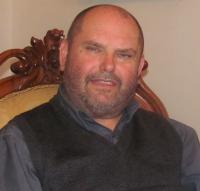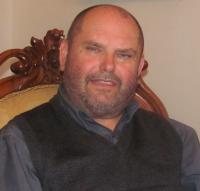Life in faith is not restricted, on the contrary - it is a great inspiration

Download image
Augustin Ladislav Gazda was born on February 22, 1960 in Kojetín in the Olomouc region. He grew up in the family of a worker in Pivín together with two sisters. Although his parents did not raise their children in Christian faith, Augustin increasingly felt the desire for a monastic life. An encounter with the StB marked a turning point for him when the Secret Police pre-selected him as their potential collaborator at the time before the National Pilgrimage at Velehrad. Augustin realized that the regime was able to turn even an insignificant person into their informant. At the same time he grew aware that in his homeland he would never be able to fulfil his desire for a life in a monastic community. In 1985 he therefore emigrated to Italy. He returned to Czechoslovakia together with other monks in 1991, after the Velvet Revolution. At present he serves as the prior of the Benedictine Abbey in Rajhrad near Brno.

